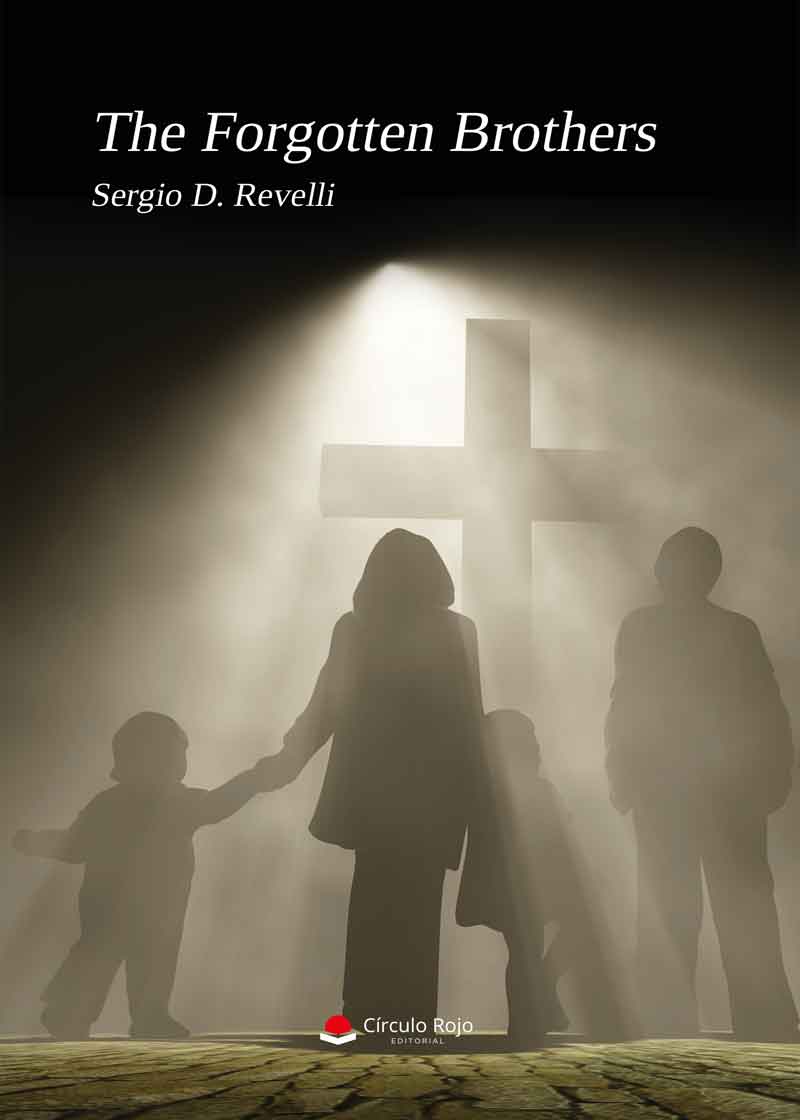The goal of “The Forgotten Brothers” is the dissemination of an idea, it is a compilation of the different historical groups of Christians that existed outside the Roman Catholic institution. It considers hundreds of thousands of people who never tried to reform anything, who just lived simple lives, far from power and opulence, keeping the teachings of Jesus in the gospels.
This work is not intended to be an encyclopaedia. All the stories can be studied in many old volumes. The novel contribution here is the connection of all these groups, tracing a continuous historical line
from the times of the first apostles, and the first Church of the book of Acts, until the time of the Lutheran Reformation. It is a line that demonstrates the continuity of the early church in its purest essence, outside of state-backed Christianity, that never belonged to it and that was defamed and persecuted to death.
These forgotten brothers are the ones who give basis and sustenance to the reformers of the fifteenth century. The doctrinal bases of Luther’s 95 theses were the same as those of these Christians distributed throughout Europe, North Africa, Asia Minor and even India. Bearing different names such as Paulicians, Waldensians, Cathars, Albigensians and many others, they proclaimed this evangelical faith for fifteen hundred years.




